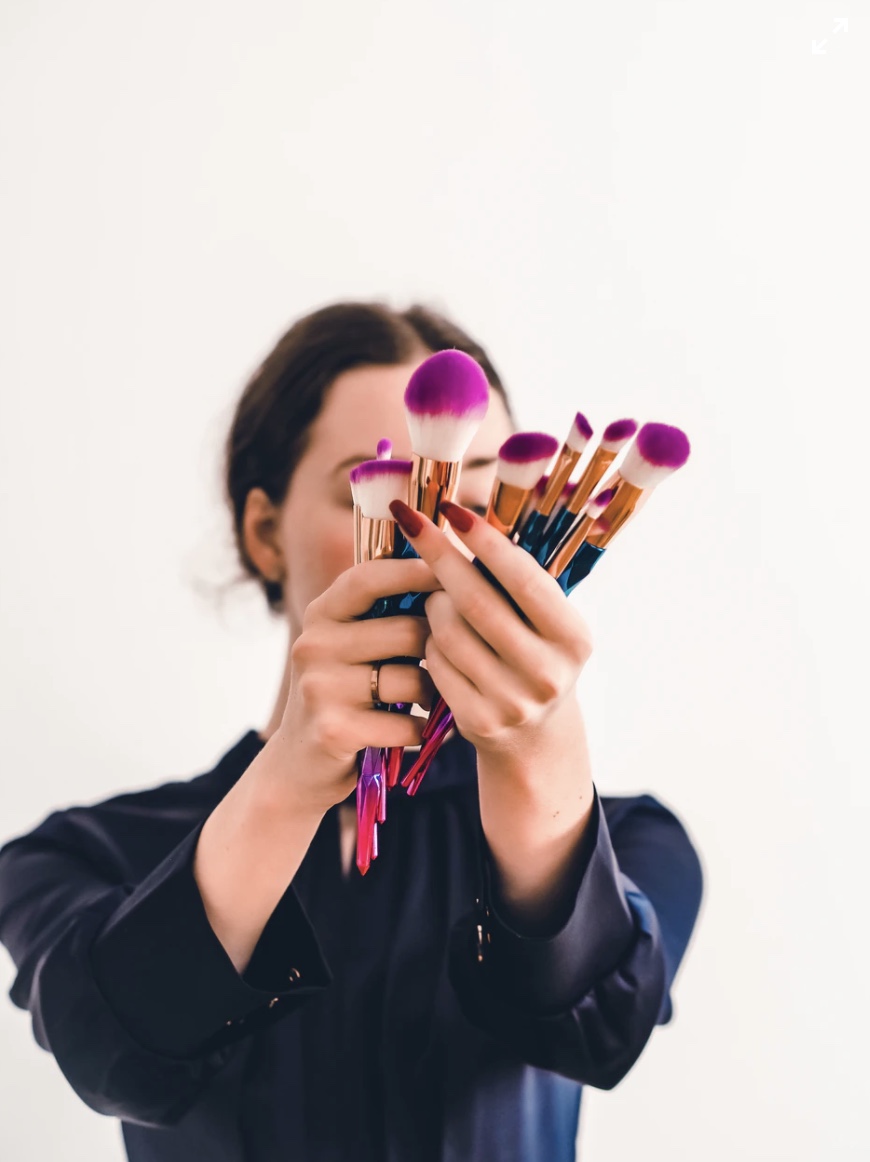61 million adults in the United States live with a disability that disrupts major life activities. Despite this, only 4% of beauty and personal care brands sell adaptive products designed to accommodate physical disabilities, Procter & Gamble research reveals. Although the beauty industry has worked to improve inclusivity somewhat in recent years, it’s very much still an industry geared toward the able-bodied. Fortunately, some beauty brands are improving accessibility by designing new and improved products.
Chapter Overview
Makeup challenges
Makeup application can be a huge challenge for people with physical disabilities, including limited dexterity and visual impairment. Cerebral palsy, for example, is the most common motor disability in childhood, the Cerebral Palsy Family Network explains. Upper limb motor impairment, in particular, creates a host of functional difficulties during makeup application. For example, steadying the arm and hand to apply mascara, eyeliner, or lipstick is challenging, while the inability to oppose the thumb hinders precision gripping — meaning using tweezers or holding a thin eyeliner is virtually impossible. Aaron Philip, a transgender model with Cerebral Palsy, recently commented on how makeup lets her break negative stereotypes: “I want to celebrate beauty and disability… people think that we can’t do things that make us feel beautiful, but that’s untrue.
Unilever’s adaptive deodorant
Unilever recently launched their first-ever inclusive product: the Rexona deodorant designed for people with upper limb disabilities and visual impairments. Rexona comes with a hooked design and grippable features to allow for one-handed usage, as well as a large roll-on applicator designed to cover more skin in one wipe. It also has magnetic closures to provide people with limited grip with ease of use. Moreover, Rexona also comes in easy-to-open packaging and has a braille label with instructions. To create this adaptive deodorant, Unilever teamed up with Wunderman Thompson and Sour (a New York-based product design studio) and the disability community worked as co-designers.
Easier makeup application
There’s also a need for makeup brands to create products that are easy to apply. For example, Kohl Kreatives is an independent inclusive beauty brand that designs makeup tools for people with impaired motor skills. Their makeup brushes feature easy-grip handles and flexible heads, making them easy-to-use and even more precise than regular brushes. Similarly, Grace Beauty is a disability-focused brand that produces the Square Grip, Safe Grip, and Ring Grip: rubber accessories that can easily be attached to mascara wands. In turn, people with motor disabilities or unsteady hands can apply mascara with better control and safety. Moreover, it’s hoped brands start creating universal products accessible to customers both with and without disabilities. TooFaced, for example, includes little shapes on their packaging, so customers can feel whether it’s lipgloss, mascara, or something else.
Thanks to greater awareness raised by make-up artists, online influencers, and people with disabilities, beauty brands are increasingly developing better products with accessible design. People with physical disabilities are therefore able to enjoy greater inclusion, independence, and opportunity.

